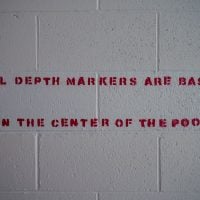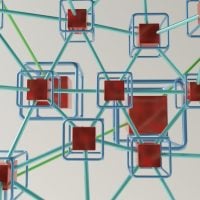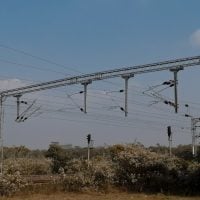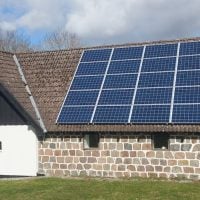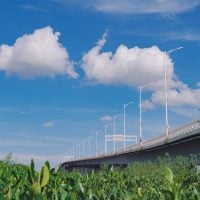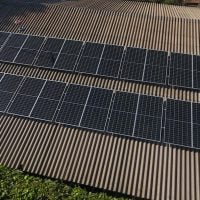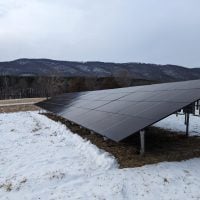Deadline: 30-Jun-23
The Global Resilience Partnership (GRP) and Munich Re Foundation are excited to announce a new phase of the Resilient Agriculture Innovations for Nature (RAIN) Challenge for non-profits.
The RAIN Challenge for non-profits aims to nurture innovative agricultural ideas in East Africa that work to change the risk perceptions of investing in agriculture. The challenge will align potential funders to non-profit organisations and drive attention to the urgent need for locally-led agricultural systems transformation.
They are looking for innovative and scalable nature positive solutions that drive investment in ecosystems and increase resilience while resulting in a stronger and better context for nature positive agriculture to flourish. The initiatives must build resilience for those most vulnerable to shocks and stresses, and include a focus on gender, equity and human rights, and protect biodiversity.
Challenge Implementation
- Selected projects will receive customised support to maximise their potential for impact, scalability and further funding. The Challenge’s winners will benefit from a program of tailored mentoring, monitoring, evaluation and learning (MEL), communications and leadership support to make their project more scalable and impactful. They will also be connected to potential investors and partners from across the GRP network.
- Mentoring and incubation
- The finalists will receive up to 24 hours of mentoring support (8 hours per month) over three months from GRP. Winning projects that graduate from the Challenge and meet pre-agreed criteria will be awarded next stage funding after the initial three-four month mentoring period and after attending the Leadership Academy, to be used for implementation and scaling over the following 12 months.
- Leadership Academy
- At the core of the work with the winners is a focus on the people implementing the ideas proposed. The complexity of factors leading to successful implementation requires people who both think independently and work together, often under pressure and in uncertainty. A Leadership Academy will be held to help both individuals and groups to navigate their personal and professional lives.
- Resource Mobilization
- As part of the support given to the winners there is an ongoing networking activity between winners and potential partners. The general thrust of the support given to the winners is focused on viability testing and improving strategies, getting a better understanding of the underlying problems to be addressed, and on the people implementing. One of the outcomes of this support is a set of winners that are better prepared and equipped to present and pitch their ideas and to write proposals.
- Communications support
- A promotional campaign will be developed to support the Challenge and its objectives, using key communications channels and platforms likely to reach potential participants in the private sector, civil society and academia. There will also be communications support tailored to the winners. Winners will be supported to promote their achievement through a customised social media toolkit that they themselves can deploy through their own channels.
- Monitoring, Evaluation and Learning (MEL) support
- Monitoring, evaluation and learning support will be provided, including direct support through an online helpdesk and one-on-one calls. Throughout the mentoring process the assigned mentors and sector experts will fill in Mentoring memos. The learning distilled form the mentoring process will feed back into direct support to winners.
- Mentoring and incubation
Eligible Countries: Burundi, Ethiopia, Kenya, Rwanda, Tanzania, and Uganda.
Eligibility Criteria
- To be eligible an application must meet the following criteria:
- Be a nature positive solution, that builds resilience in the communities and places most vulnerable to shocks and stresses in East Africa.
- The Challenge is open to not-for-profit organisations across public, private, civil society and grassroots organizations as well as academia.
- Innovative and scalable initiatives that change the risk perceptions of investing in agriculture.
- The team has proven conservation and business experience.
- Gender, equity, human rights and biodiversity considerations are included.
- The solution does no harm (i.e., has no negative impacts on communities or ecosystems it is designed to build resilience in).
- GRP will notify all applicants about the results of the assessment phase. Non-selected ideas may still be considered for alternative promotion within the GRP network (e.g., matchmaking with other partner initiatives better suited for supporting them).
For more information, visit Global Resilience Partnership.


